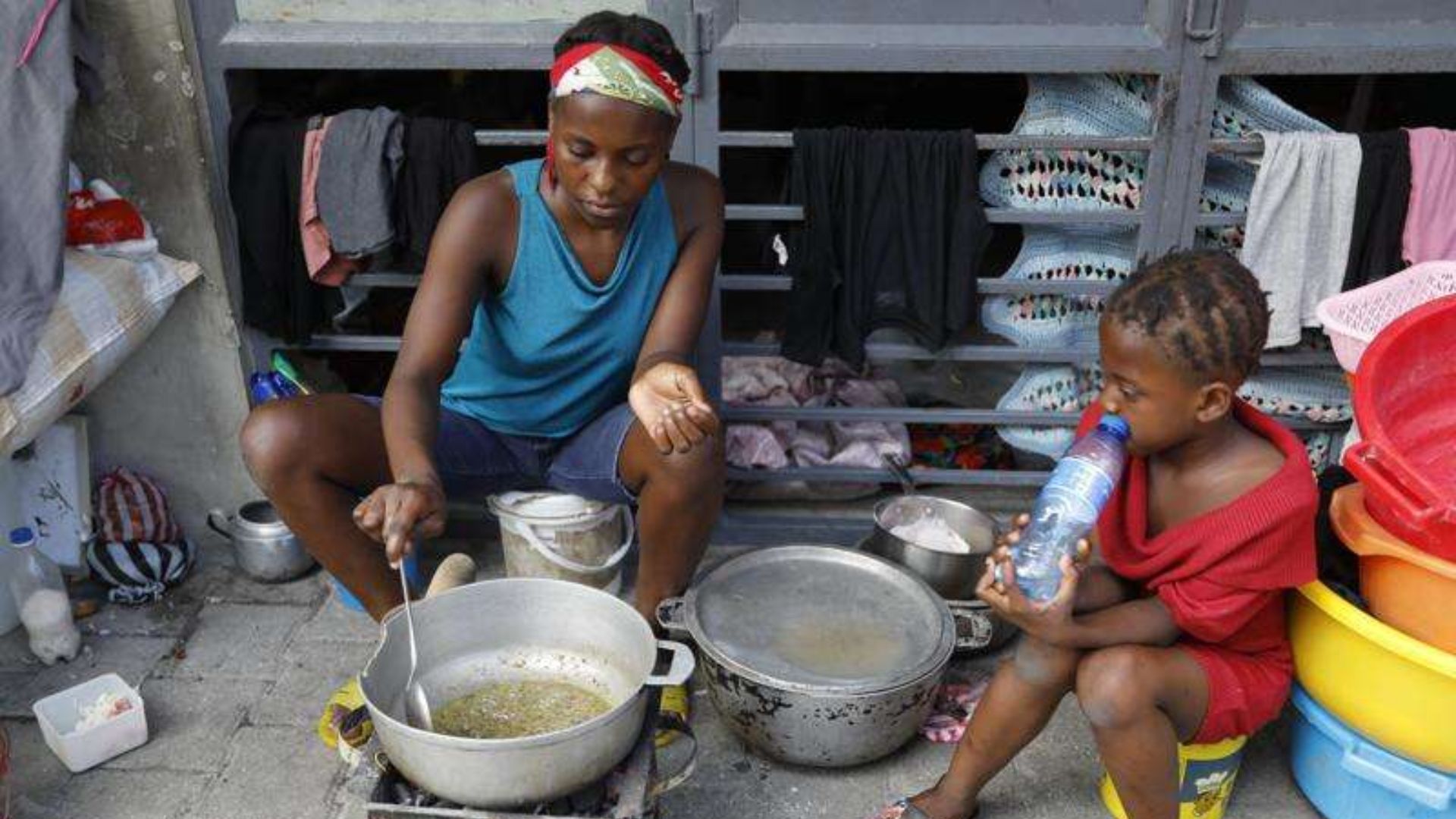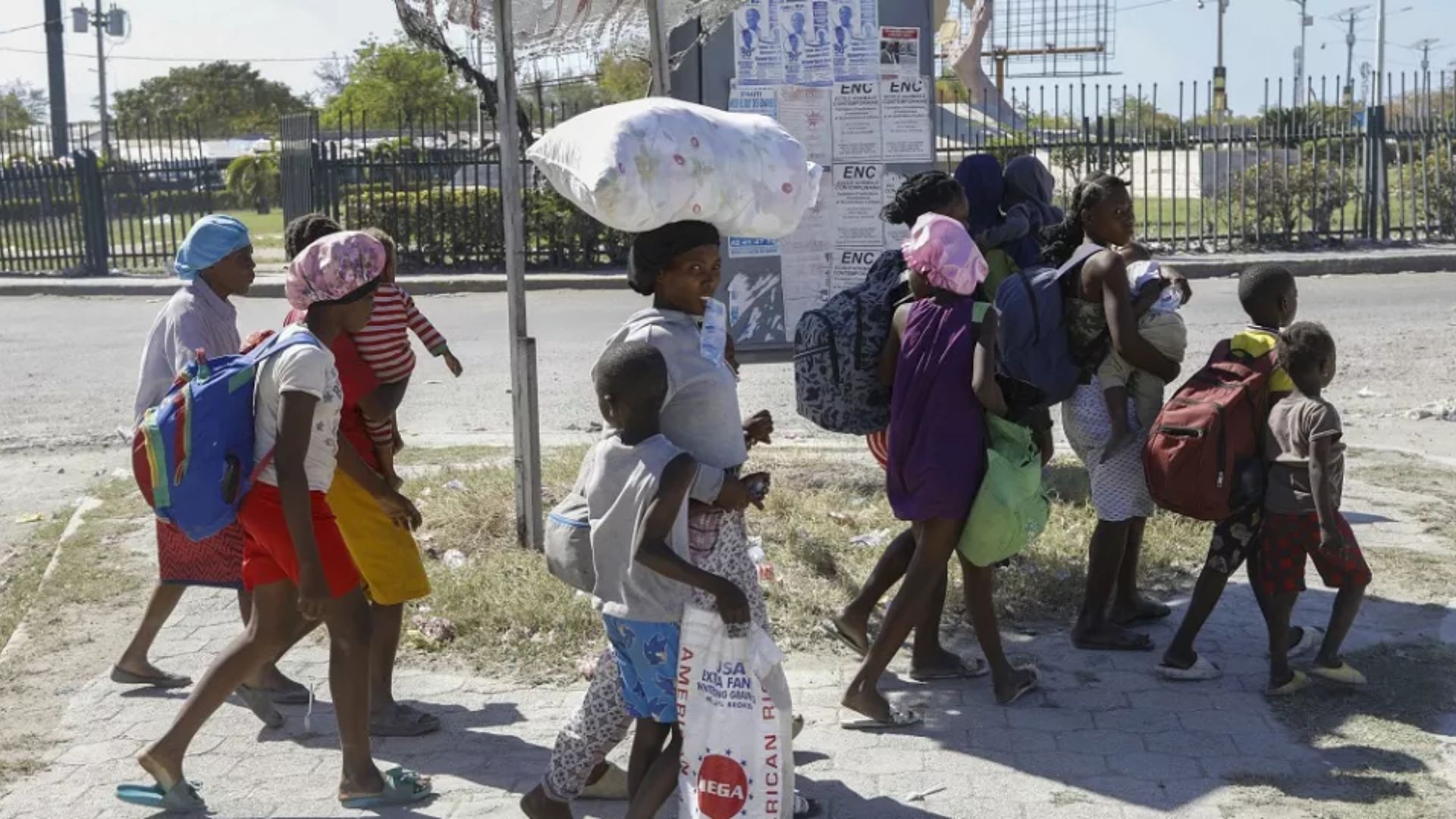Haiti, once hailed as the first free Black republic in the Western world, finds itself teetering on the brink of collapse. As the Prime Minister negotiates his return to a nation engulfed in violence and controlled by armed gangs, Haiti's future hangs in the balance. This article delves into the deep-rooted causes of Haiti's crisis, tracing its origins from decades of political instability, foreign intervention, and the corrosive influence of street gangs.
The history of Haiti is woven with resilience and struggle. From its revolutionary beginnings to its turbulent present, Haiti has faced a myriad of challenges. Despite breaking the chains of slavery and declaring independence in 1804, Haiti has grappled with persistent poverty, inequality, and political instability. A series of authoritarian regimes, coups, and foreign interventions have left scars on the nation's psyche, eroding trust in institutions and fostering a culture of corruption and impunity.
The Rise of Gang Influence
In recent years, Haiti has witnessed the alarming rise of street gangs as power brokers in the country's political landscape. Once relegated to the shadows, these armed groups now wield significant influence, challenging the authority of the state and perpetuating a cycle of violence and fear. Political leaders, desperate to maintain power in the face of mounting opposition, have turned to these gangs as allies, further entrenching their hold on power and exacerbating Haiti's crisis.

Foreign intervention in Haiti's affairs has been a double-edged sword, with mixed results and unintended consequences. While some interventions aimed to promote stability and democracy, others have only served to deepen Haiti's woes. The legacy of foreign intervention is evident in the country's fragile institutions, weak governance structures, and susceptibility to external influence. Moreover, interventions have often exacerbated existing tensions, fueling resentment and resistance among the Haitian people.
The Shadow Economy of Gangs
At the heart of Haiti's crisis lies the shadow economy of street gangs, fueled by corruption, extortion, and illicit activities. These gangs operate with impunity, terrorizing communities and profiting from the suffering of the Haitian people. From drug trafficking to kidnapping for ransom, gangs have become synonymous with lawlessness and violence in Haiti, further undermining efforts to restore peace and stability.

To chart a path towards recovery, Haiti must address the root causes of its crisis, including political corruption, economic inequality, and institutional weakness. Strengthening governance structures, promoting accountability, and investing in education and economic development are essential steps towards building a more prosperous and peaceful Haiti.